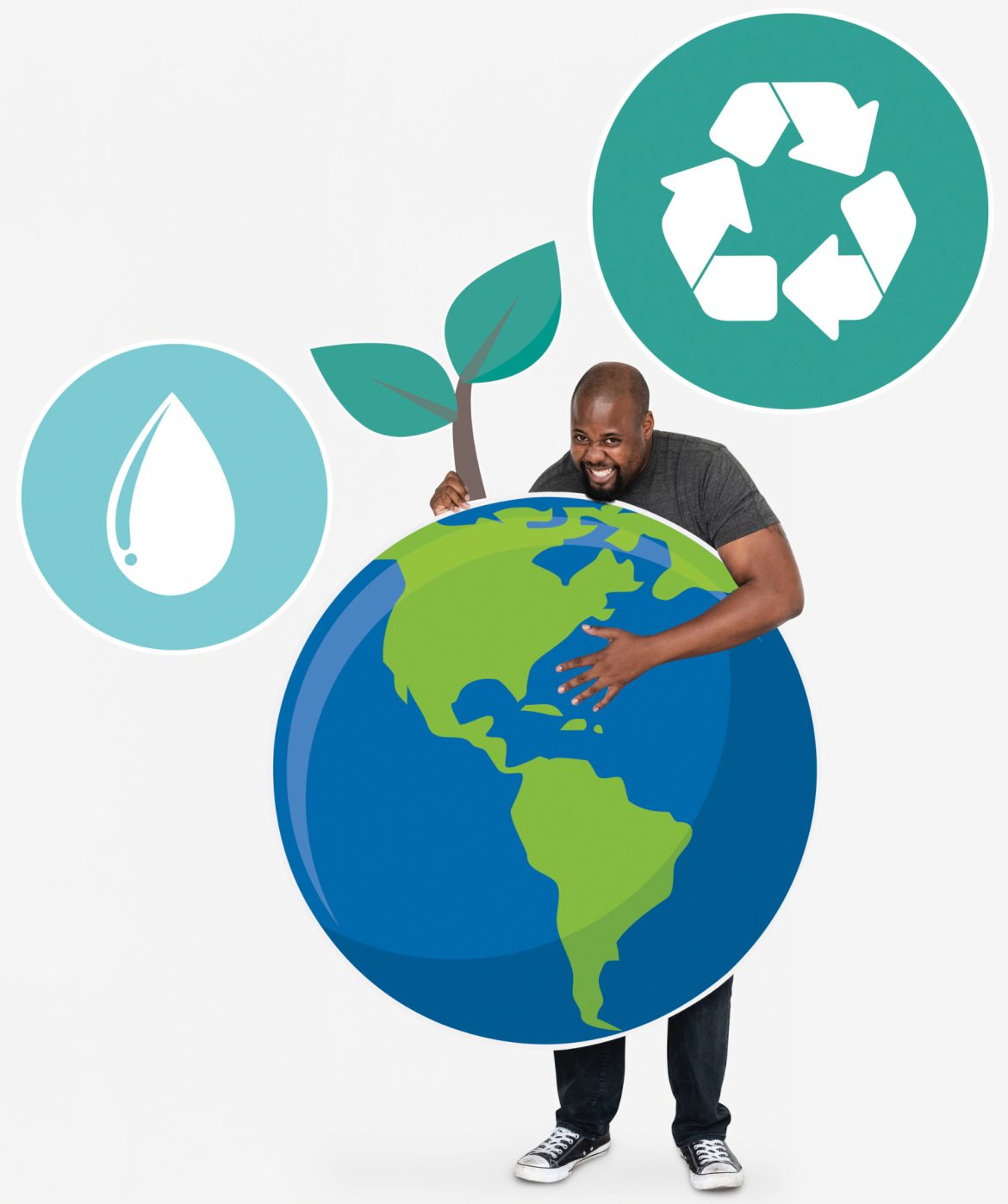Africa is at a crossroads as it faces a dilemma: to pursue its economic development through fossil fuels or to embrace a green energy transition. This is the main issue raised by the African Petroleum Producers Organization (APPO) in response to a report by the International Energy Agency (IEA) that calls for an abrupt end to oil and gas use by 2050.
The IEA’s report, published in May 2023, outlines a roadmap for achieving net-zero emissions by 2050, which would require a rapid shift to renewable energy sources and a halt to new fossil fuel projects. The report claims that this is the only way to limit global warming to 1.5 degrees Celsius above pre-industrial levels, as agreed by the Paris Agreement in 2015.
However, the APPO, which represents 18 African oil and gas-producing countries, argues that the IEA’s plan is unrealistic and unfair for Africa, which holds vast hydrocarbon reserves that are crucial for its industrialization and energy security. According to the APPO, Africa accounts for only 3% of global greenhouse gas emissions, while it has 17% of the world’s population and 14% of the world’s proven oil and gas reserves. The APPO also points out that more than 600 million Africans lack access to electricity and clean cooking facilities, and that oil and gas revenues are vital for financing their energy transition
The APPO advocates for a more balanced and inclusive approach that recognizes Africa’s unique challenges and potential. It supports the use of carbon capture, utilization, and storage (CCUS) technologies, which can reduce the emissions from fossil fuel combustion by capturing and storing the carbon dioxide underground or using it for other purposes. The APPO claims that CCUS can enable Africa to use its hydrocarbon resources in a sustainable way, while also creating jobs and boosting economic growth.
The APPO also criticised the IEA for its inconsistency and contradiction, as it had previously acknowledged the importance of CCUS for achieving net-zero emissions. Dr Ibrahim, the secretary general of the APPO, questions the IEA’s change of stance and says, “Oil and gas are not just resources for Africa; they are lifelines for our economic development. Without these revenues, how are we to finance our transition to clean energy?”
The APPO’s position reflects the views of many African leaders and experts, who have expressed their concerns about the IEA’s report and its implications for Africa’s development. They have called for more support and cooperation from the international community, especially the developed countries, to help Africa achieve its energy and climate goals, without compromising its economic and social aspirations.
As the global leaders gather for the Conference of the Parties (COP28) in Glasgow, Scotland, the debate over Africa’s energy future is expected to intensify. The APPO urges the stakeholders to listen to Africa’s voice and to respect its right to choose its own energy path. The APPO also hopes that Africa can play a constructive role in the global efforts to combat climate change, while also harnessing its natural resources for the benefit of its people.
Source: Oil and Gas Middle East



